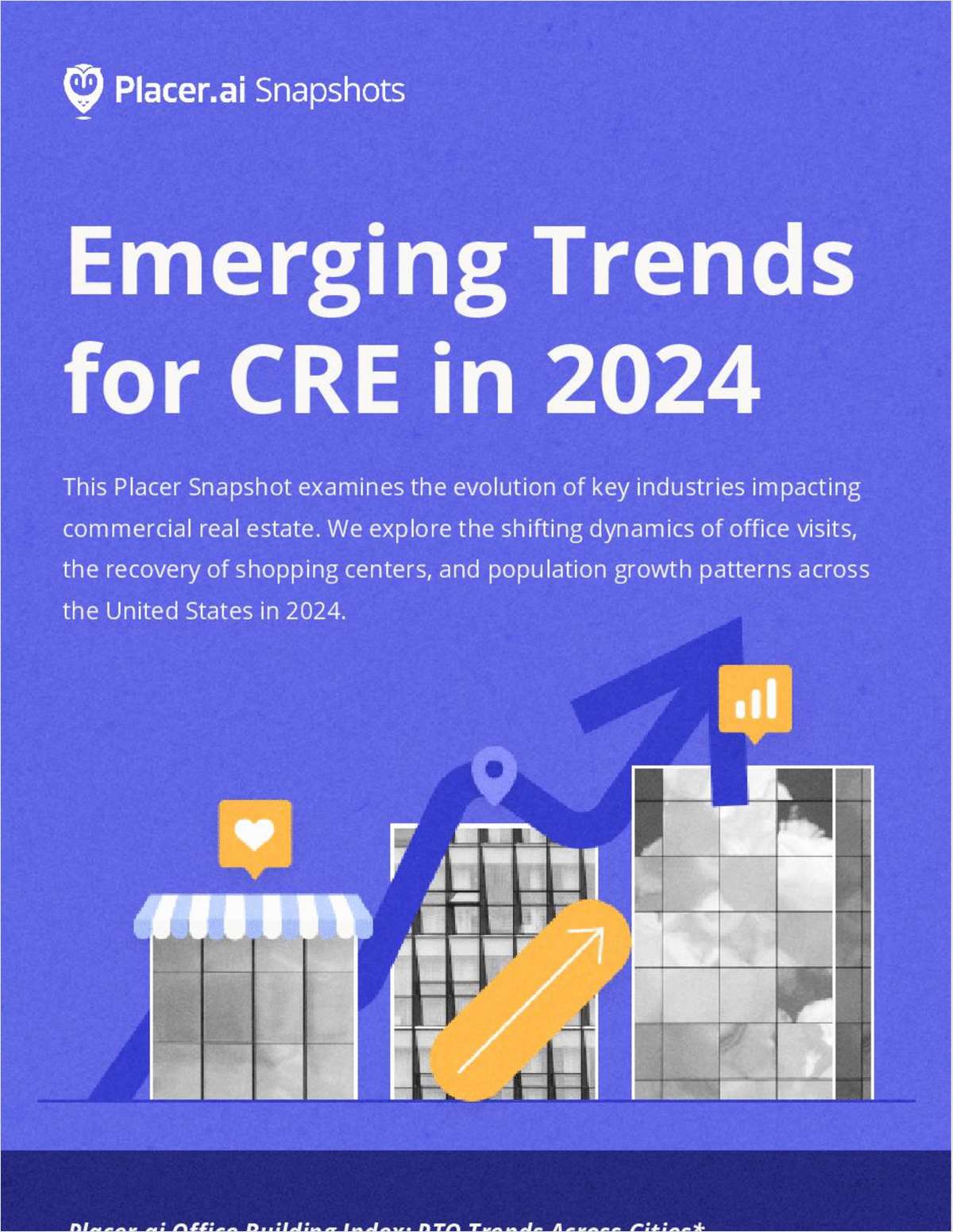"As far as I know, no institutional investor has ever invested [directly] in a private mortgage fund," one of the investors in the fund tells GlobeSt.com, under condition of anonymity. "Some hedge funds have invested in private commercial mortgages, but for a large pension player to get involved directly, I've never heard of it. It is definitely a big stamp of approval."
Private mortgage loans are an alternative to traditional financing sources such as banks and other lending institutions. The loans typically have short terms, a low loan-to-value ratio and an interest rate that is at least 600 basis points over prime. Such loans are often used by professional real estate investors who wish to close on a property more quickly than traditional financing allows or who have been unable to qualify for traditional bank financing.
CMR vice president Henry Park says the practice is attracting the eyes of institutional investors because of the double-digit returns and low risk due to the low LTV. Park says the company has originated more than $300 million in new commercial mortgages so far this year and expects to originate approximately $500 million in new commercial mortgage loans in 2007.
"For our products, there are no prepayment penalties; we are truly a bridge source," Park says. "We get them over the hump to achieve an acquisition or complete a renovation or increase their occupancy rate; typically our loans are made within five to 10 days and paid off in 18 to 24 months. It's more expensive than conventional debt but a lot cheaper than an equity partner."
The pension fund that is investing through CMR "did a lot of due diligence on our company and the industry as a whole, and they liked the way we underwrite and the fact that we have never lost money on any of the loans we have originated," Park says. "They want to invest a large amount in this particular niche market and have asked us to make recommendations on other companies that we feel are reputable."
CMR agreed to advise the pension fund in part "because what's good for the industry is good for us," Park says. "As these types of funds become more and more available to our sector of the [lending] business, our business and the industry as a whole will grow."
Gregg Winter, president of W Financial Mortgage Fund I LLC, a direct private bridge and mezzanine lender based in Manhattan, tells GlobeSt.com that in response to interest he is planning to launch a second fund geared toward the institutional community. The current fund, which is tailored for high-net-worth individuals, has a longer lock-up period than institutional investors would tolerate, he says. Winter's current fund has made 30 loans since it was launched in July 2003 and investors have received an 11% annualized return net of all expenses.
Winter says the interest by institutions in private commercial mortgage funds is rising right along with owners' and developers' willingness to utilize high-yield debt for a short time to help execute their business plan. "A building on Madison Avenue may start out its life cycle with a new buyer using a high-yield mortgage then transitioning to a bank construction loan and then, after it's fully leased, to a CMBS permanent mortgage," says Winter.Winter started funding private commercial mortgages with his own money many years ago as an offshoot of Winter & Co. Commercial Real Estate Finance, his commercial mortgage brokerage firm. The private lending business eventually grew to the point where he was doing $5-million deals and syndicating them with five or 10 other investors. The fund, which has 100 investors, was launched as a more efficient vehicle to continue making the same high-yield bridge loans.
"Just as my experience has brought me to this point, now [pension funds] are catching onto the fact that there are folks out there who can safely earn high yields with fairly low risk of defaults, and that if and when a default does occur, if one has very good security and has structured the loan correctly, it may well be possible to end up with a significant profit rather than a loss because of the default interest rate and other penalties such as exit fees that would be imposed on a borrower.Furthermore, Winter says institutional investors recognize that "asset-based lending is not correlated to the returns of the stock market, which only adds to its appeal as way to achieve diversification in an overall portfolio."
Continue Reading for Free
Register and gain access to:
- Breaking commercial real estate news and analysis, on-site and via our newsletters and custom alerts
- Educational webcasts, white papers, and ebooks from industry thought leaders
- Critical coverage of the property casualty insurance and financial advisory markets on our other ALM sites, PropertyCasualty360 and ThinkAdvisor
Already have an account? Sign In Now
© 2024 ALM Global, LLC, All Rights Reserved. Request academic re-use from www.copyright.com. All other uses, submit a request to [email protected]. For more information visit Asset & Logo Licensing.








